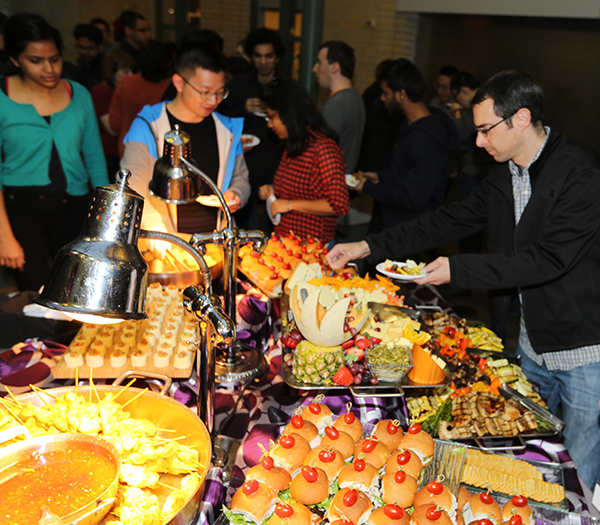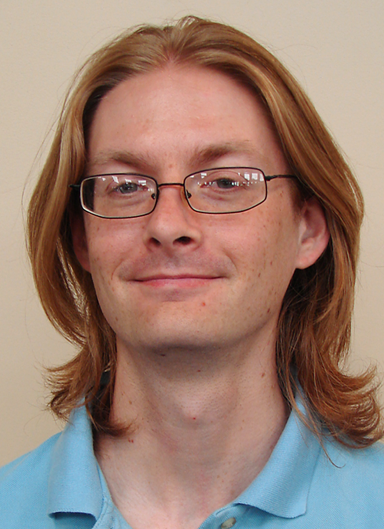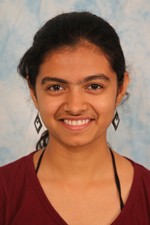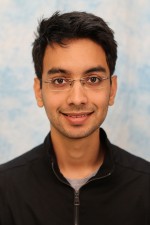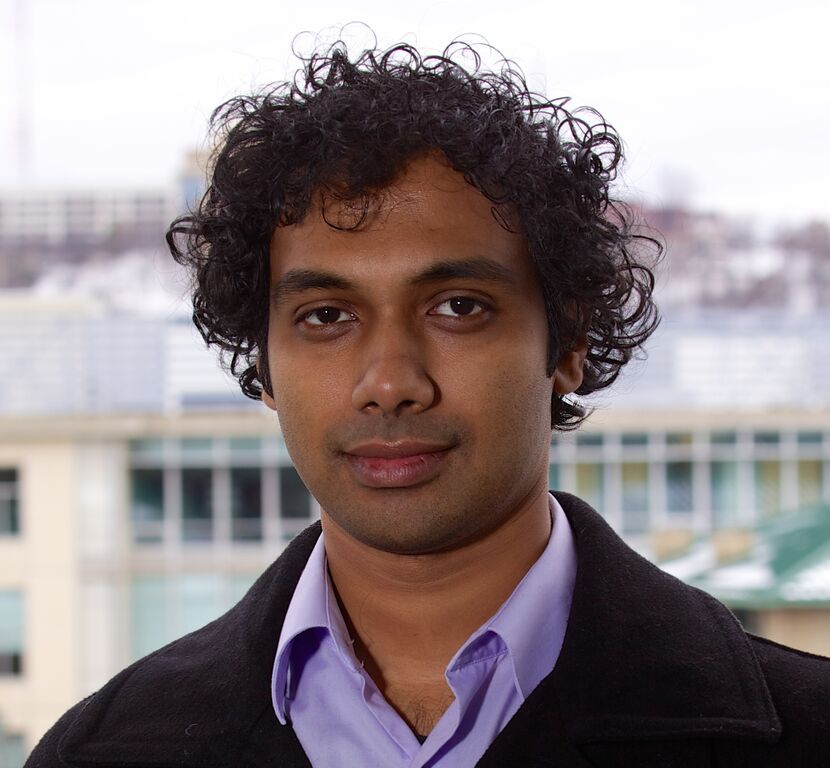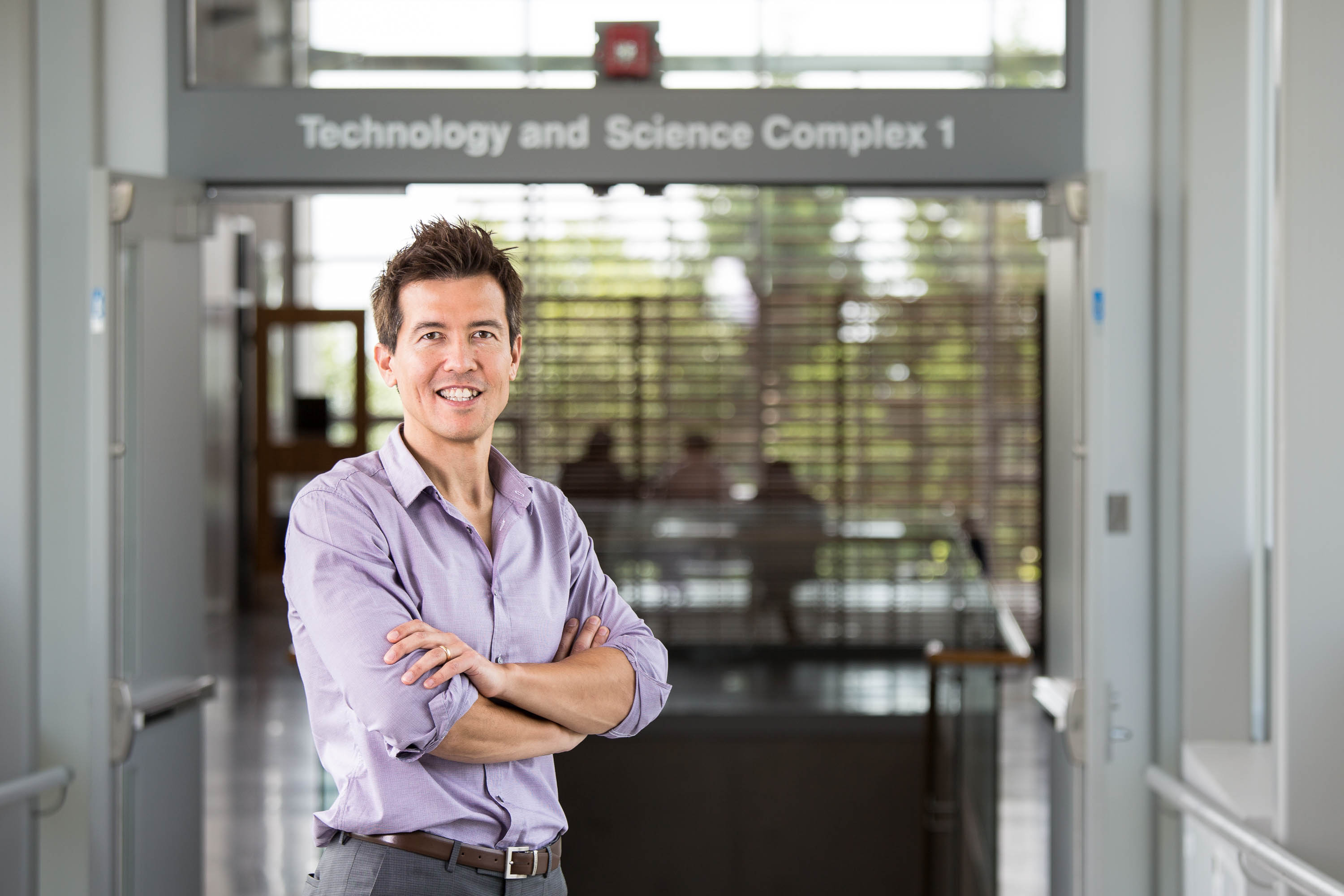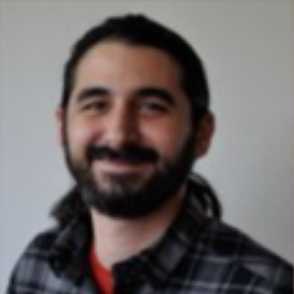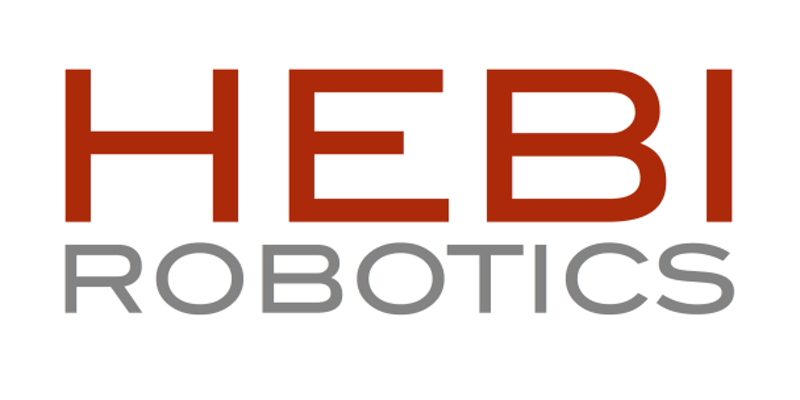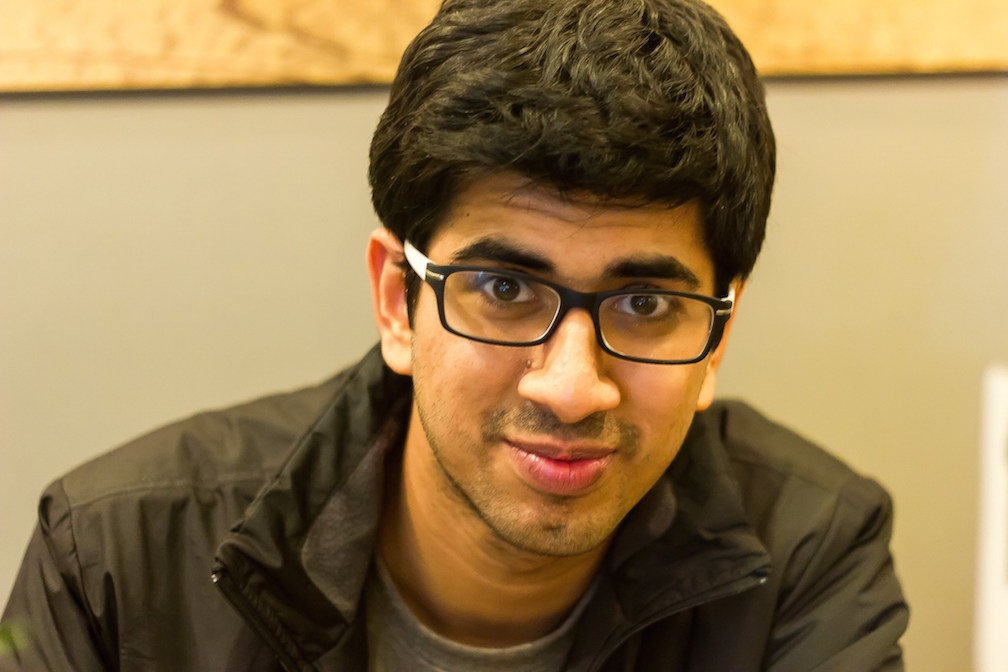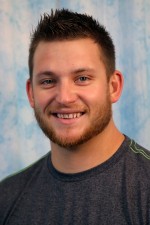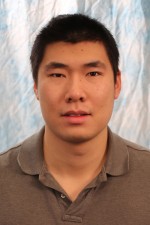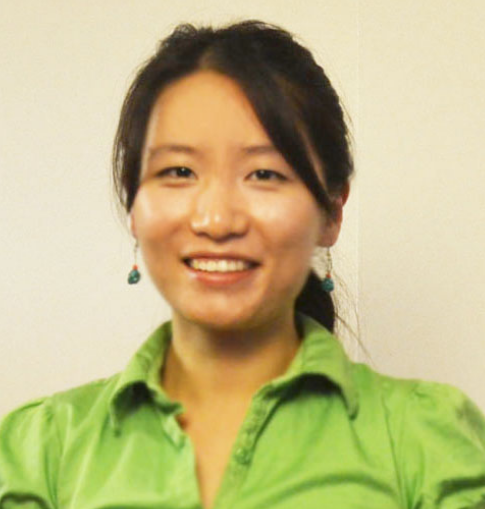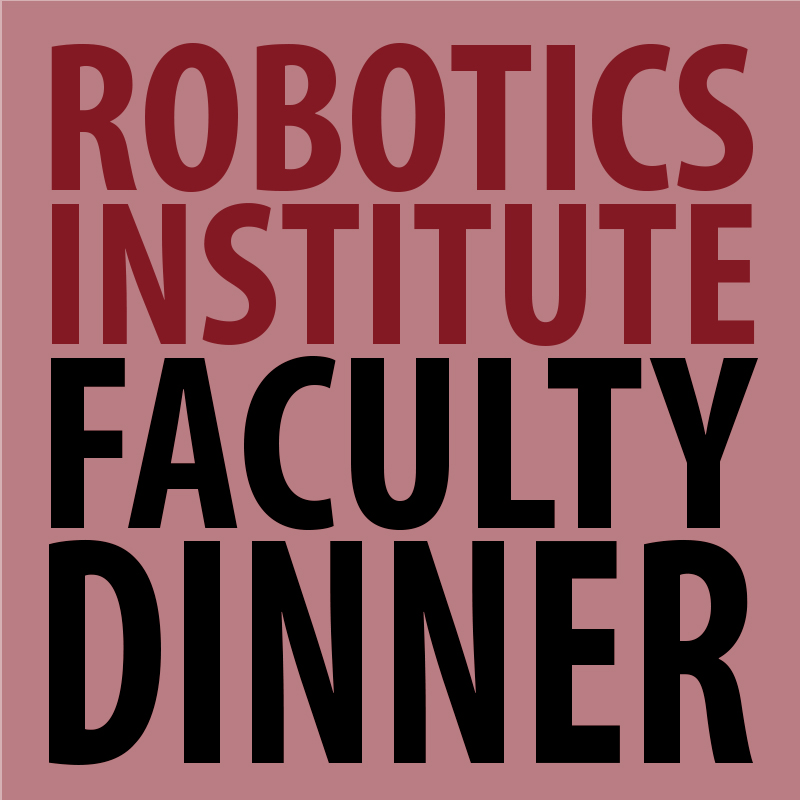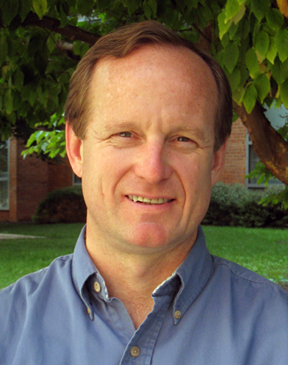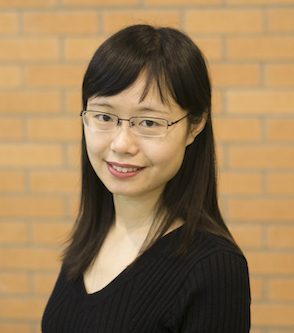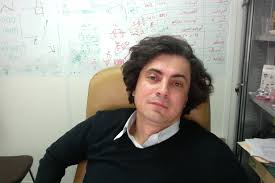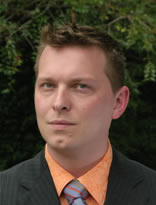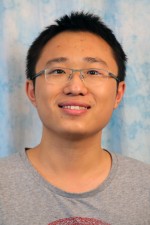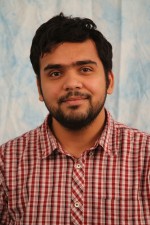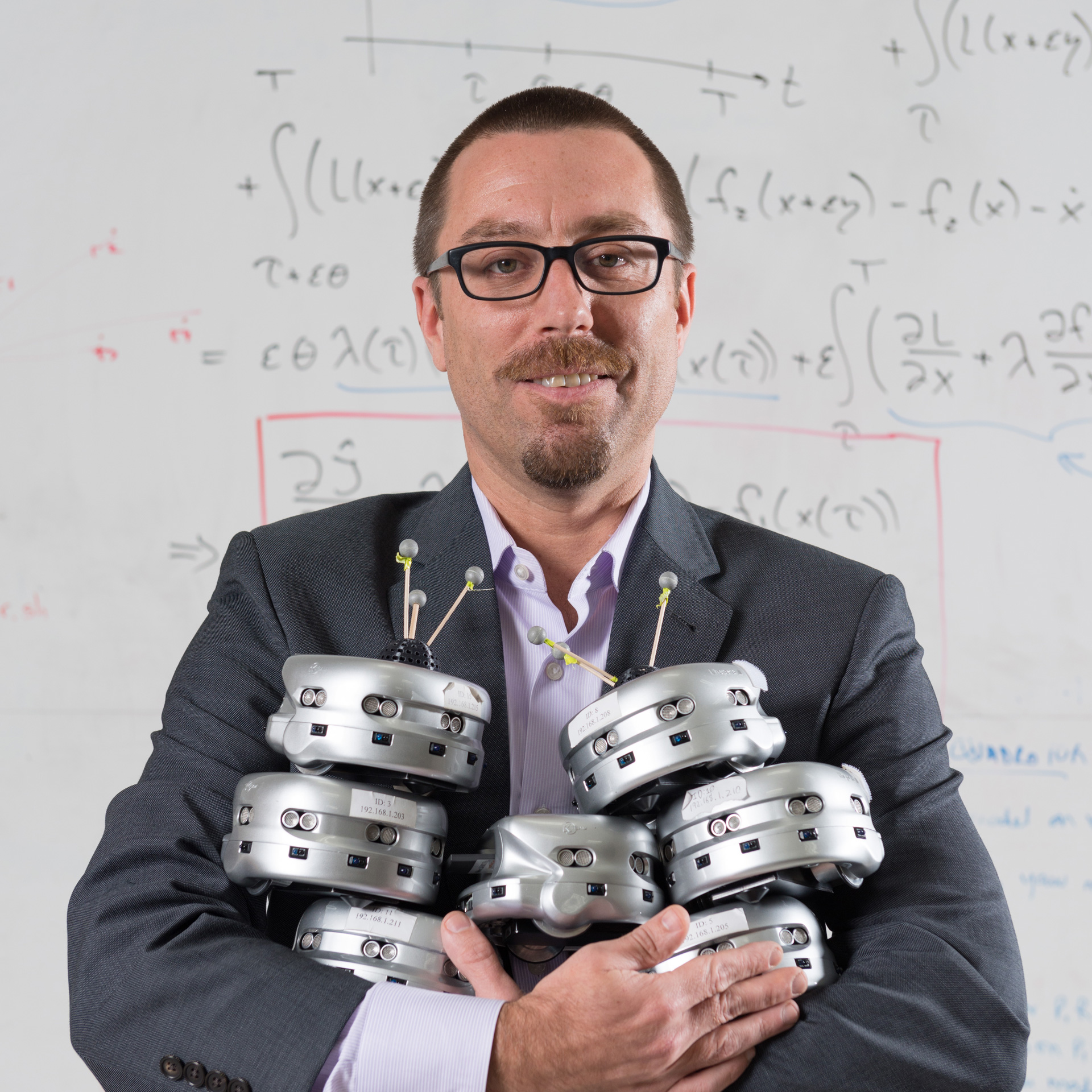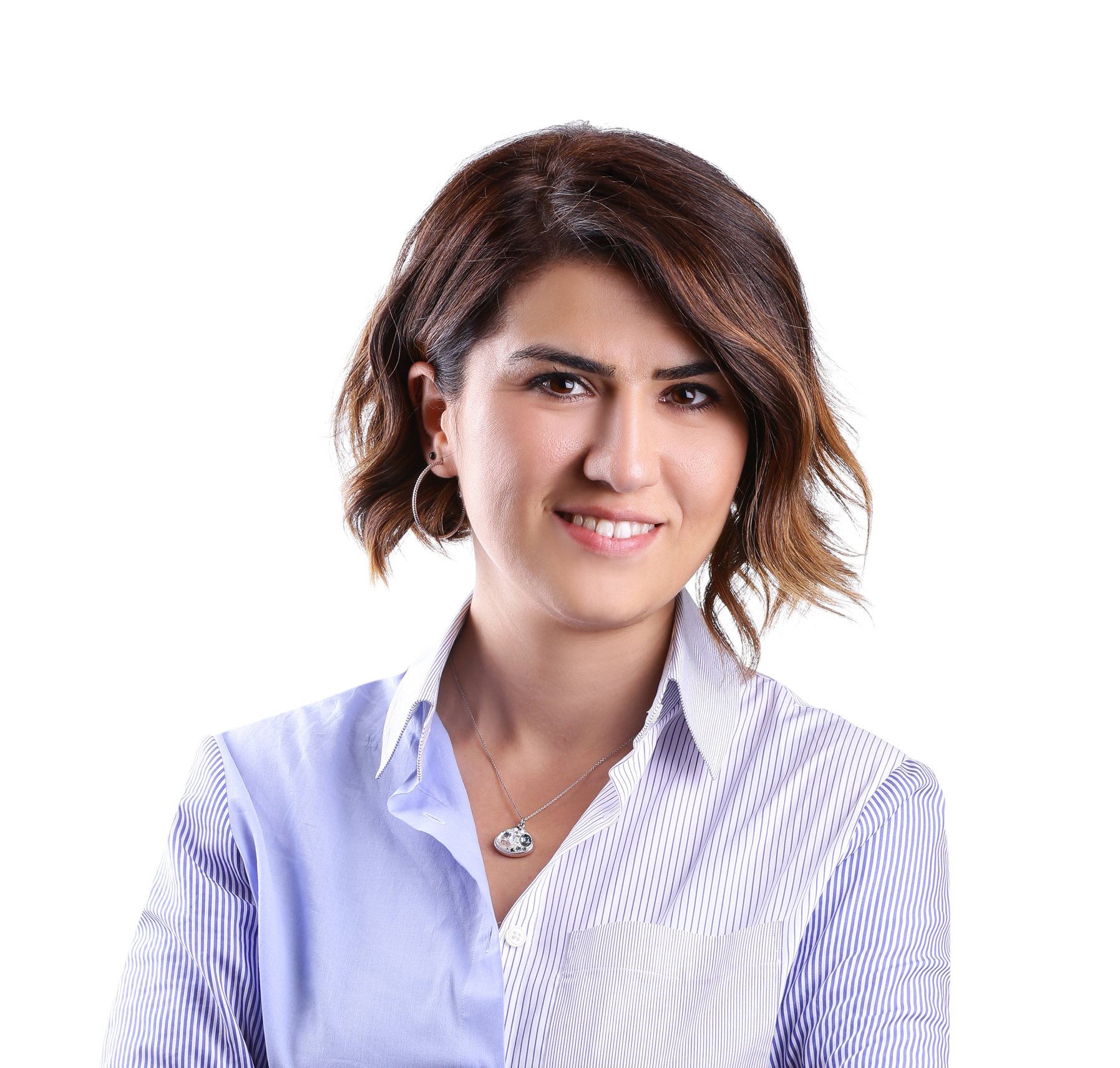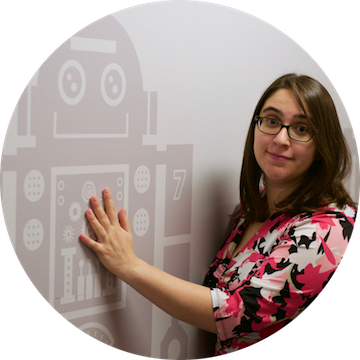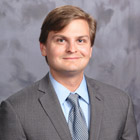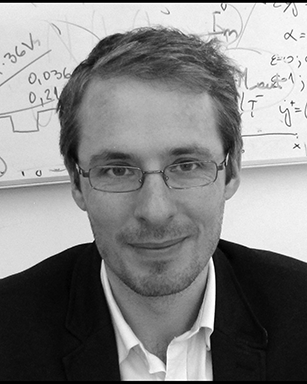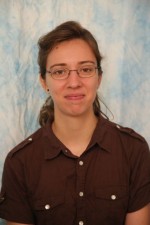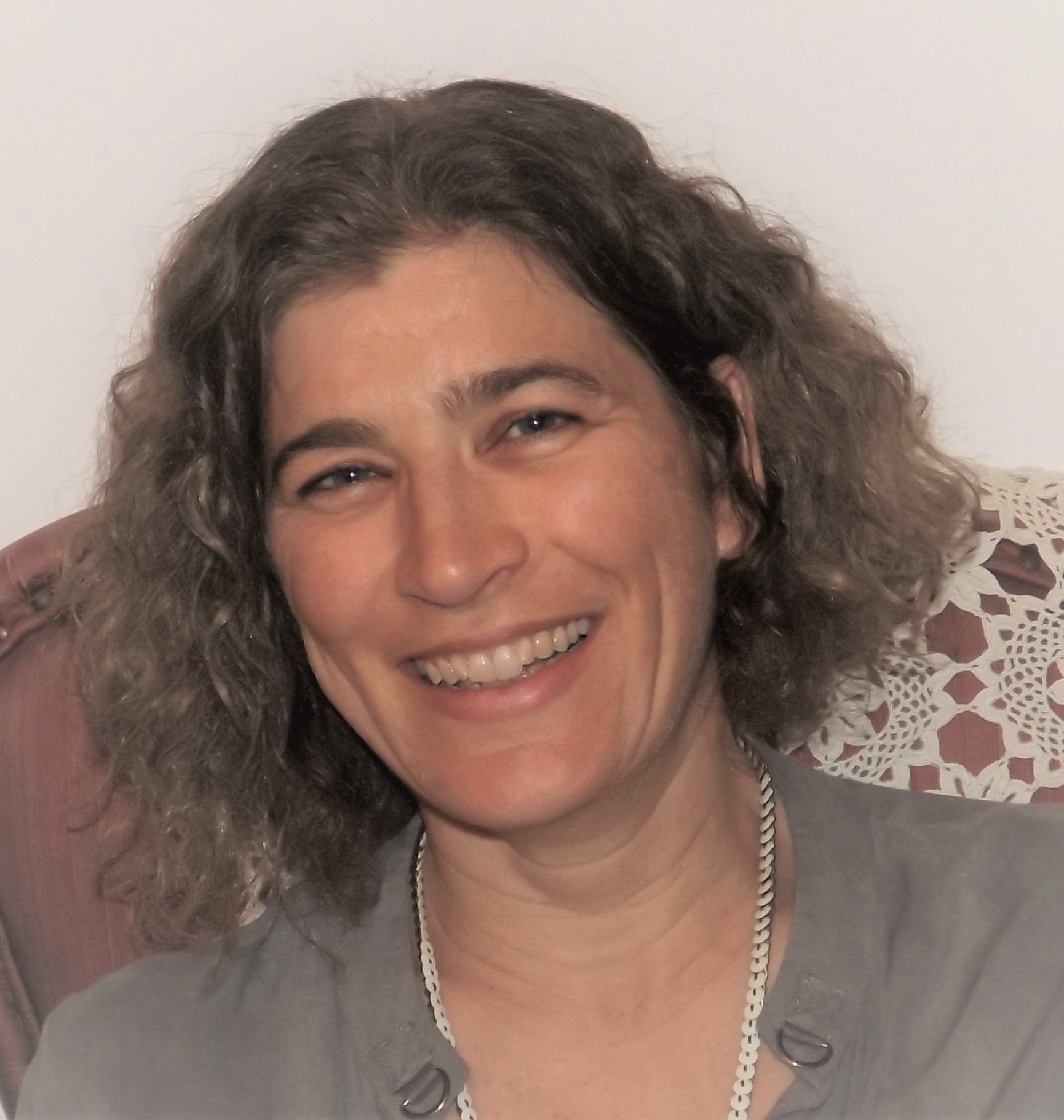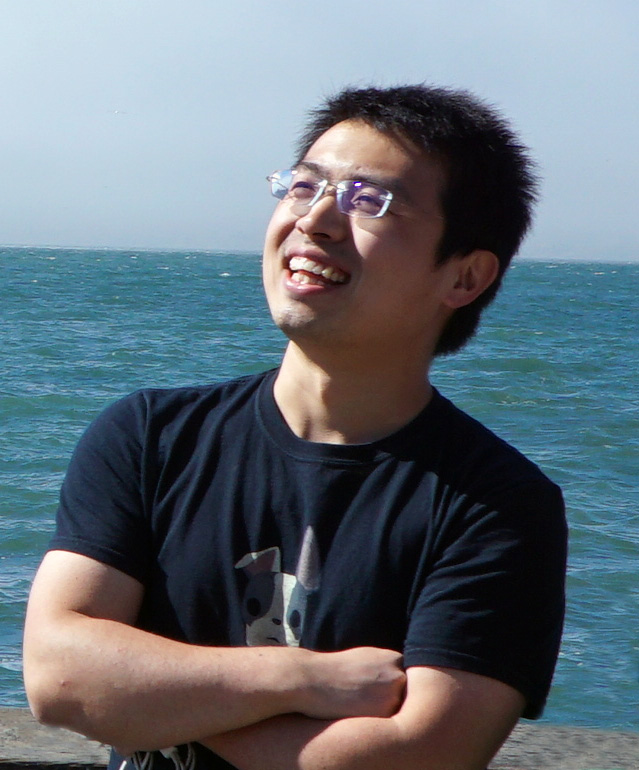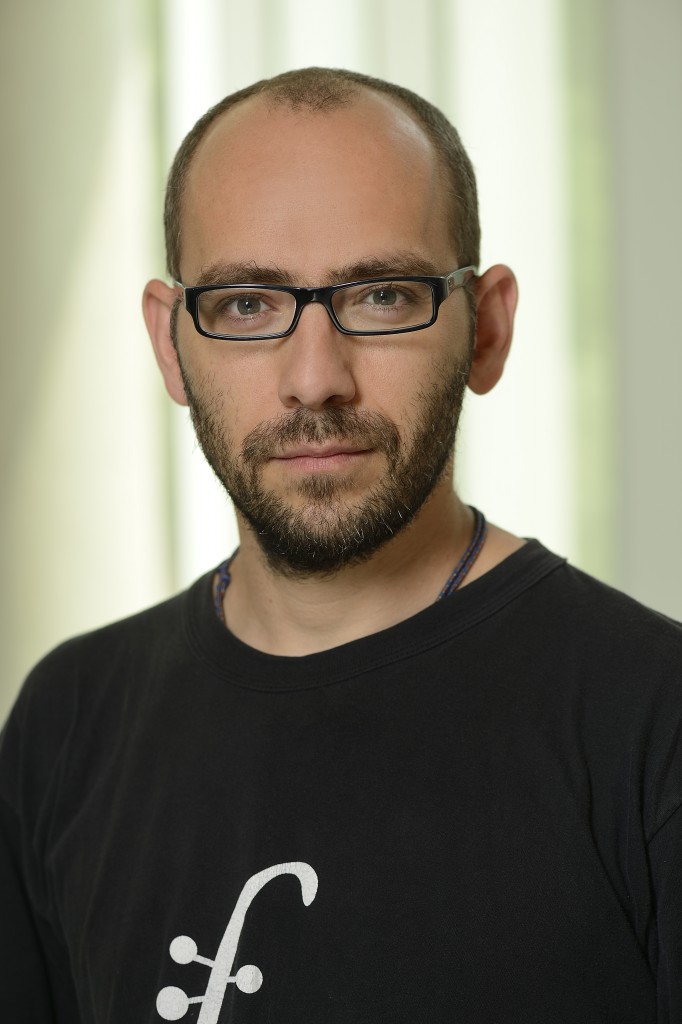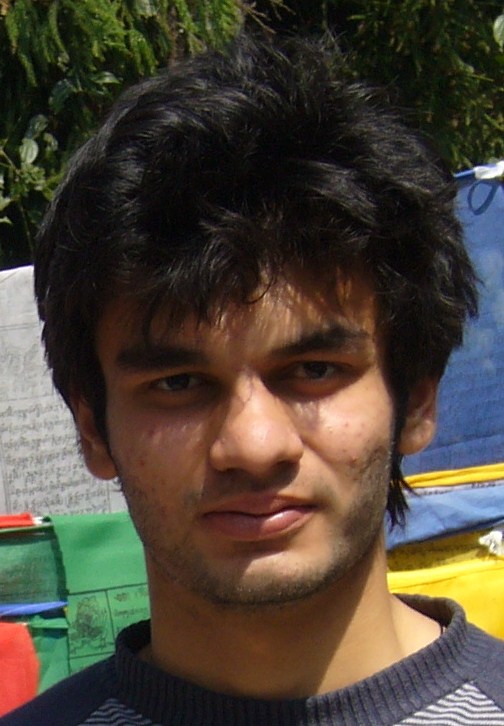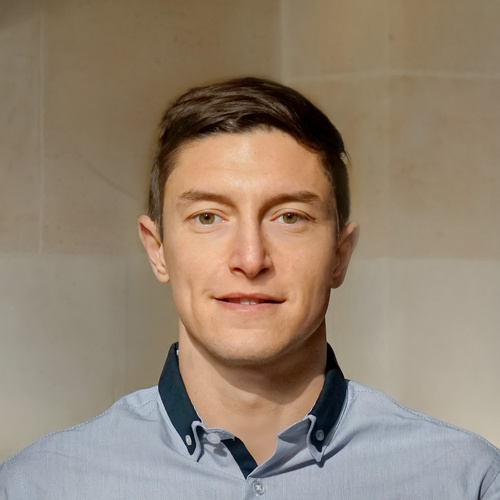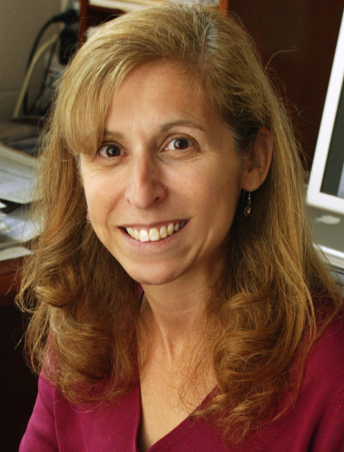Robotics Institute Winter Party
All RI faculty, staff, students and visitors are invited to the Robotics Institute Winter Party!
Comparing apples and oranges: Off-road pedestrian detection on the NREC agricultural person-detection dataset
Abstract: Person detection from vehicles has made rapid progress recently with the advent of multiple high-quality datasets of urban and highway driving, yet no large-scale benchmark has been available for the same problem in off-road or agricultural environments. In this talk, we present the NREC Agricultural Person-Detection Dataset to spur research in these environments. It [...]
Carnegie Mellon University
Computational Design Tools for Accessible Robotics
Abstract: A grand vision in robotics is that of a future wherein robots are integrated in daily human life just as smart phones are today. Such pervasive integration of robots would greatly benefit from faster design and manufacturing of robots that cater to individual needs. However, robots of today often take years to be created [...]
Carnegie Mellon University
Predictive Corrective Networks for Action Detection
Abstract: Although computer vision has seen significant advances in static image analysis, the relatively slow advances in video tasks such as action detection suggest we're struggling to build effective temporal models. In this talk, I will present a few main ideas that drive contemporary approaches, such as "two-stream networks" and "3D" convolutional networks. I'll also [...]
Adaptive Information Gathering via Imitation Learning
Abstract: In the adaptive information gathering problem, a robot is required to select an informative sensing location using the history of measurements acquired thus far. While there is an extensive amount of prior work investigating effective practical approximations using variants of Shannon’s entropy, the efficacy of such policies heavily depends on the geometric distribution of [...]
Deep Structured Models for Human Activity Recognition
Abstract: Visual recognition involves reasoning about structured relations at multiple levels of detail. For example, human behaviour analysis requires a comprehensive labeling covering individual low-level actions to pair-wise interactions through to high-level events. Scene understanding can benefit from considering labels and their inter-relations. In this talk I will present recent work by our group building [...]
Faculty Candidate Talk: Closing the Loop with Vision Feedback and Compliance in Robotic Manipulation
Areas of Interest: Grasping and Manipulation Abstract Robotic manipulation is a key functional requirement that is largely missing from the current state of the art regarding robots in unstructured environments. While models of manipulation phenomenon give us invaluable insights on various principles, many parameters (e.g. surface geometry, friction coefficients, contact locations) are difficult to [...]
HEBI Robotics Modular Robotics Workshop
Interested in learning how HEBI's modular robotics platform can dramatically reduce the time required to build custom robots? Want to learn more about the robotic system developed by one of Pittsburgh's exciting robotics start-ups? Take advantage of the opportunity to get hands-on time with HEBI's X-Series platform and instruction from HEBI engineers. At the workshop [...]
Learning Single-view 3D Reconstruction of Objects and Scenes
Abstract: In this talk, I will discuss the task of inferring 3D structure underlying an image, in particular focusing on two questions - a) how we can plausibly obtain supervisory signal for this task, and b) what forms of representation should we pursue. I will first show that we can leverage image-based supervision to learn [...]
Carnegie Mellon University
Soft-Matter Robotic Materials
Abstract: Soft machines and electronics are key components for emerging applications in wearable biomonitoring, human-machine interaction, and soft robotics. In contrast to conventional machines and electronics, soft-matter technologies provide a method for replicating these traditionally rigid devices using intrinsically soft materials that exhibit properties similar to soft biological tissue. This provides a path forward for [...]
From Robust Real-time SLAM to Safe Collision Avoidance
Abstract State estimation plays a critical role in a robotic system. The problem is to know where the robot is and how it is oriented. This is very often a building block in the navigation system, which modules in charge of higher level tasks are relied on. Challenges are to carry out state estimation in [...]
Faculty Candidate Talk: Designing Robot Behavior in Human-Robot Interactions
Areas of Interest: Industrial Collaborative Robot, Autonomous Driving, Non-Convex Optimization, Distributed Conflict Resolution Abstract Human-robot interactions (HRI) have been recognized to be a key element of future robots in many application domains such as manufacturing, transportation, service and entertainment, which entail huge social and economic impacts. Technically, it is challenging to design the behavior [...]
Robotics Institute Faculty Dinner
The RI voting faculty dinner will be held on Thursday, January 25, 2018 at the Pittsburgh Golf Club. The tentative time frame is from 4:30 to 9:00pm.
Level Set Models for Computer Graphics
ABSTRACT A level set model is a deformable implicit model that has a regularly-sampled representation. It is defined as an iso-contour, i.e. a level set, of some implicit function f. The contour is deformed by solving a partial differential equation on a sampling of f, an image in 2D and a volume dataset in 3D. [...]
Faculty Candidate Talk: Making sense of the physical world with high-resolution tactile sensing
Areas of Interest: Robotic Tactile Sensing, Robotic Perception Abstract: With the rapid progress in robotics, people expect robots to be able to accomplish a wide variety of tasks in the real world, such as working in factories, performing household chores, and caring for elderly. However, it is still very difficult for robots to act [...]
Neuromorphic Event-based time oriented vision and Computation
Abstract: There has been significant research over the past two decades in developing new systems for spiking neural computation. The impact of neuromorphic concepts on recent developments in optical sensing, display and artificial vision is presented. State-of-the-art image sensors suffer from severe limitations imposed by their very principle of operation. These sensors acquire the visual [...]
“Does it look right? – Why capture and reconstruction quality really matter.”
Special RI Seminar Please Note Different Day and Time Abstract: At first sight, 3D reconstruction can be considered a solved problem. The principles are well understood and we can reconstruct a wide range of objects and scenes using active as well as passive reconstruction approached. However, most of these reconstructions are not convincing when really [...]
Factor Graphs and Automatic Differentiation for Flexible Inference in Robotics and Vision
PLEASE NOTE: THIS SEMINAR WILL NOT BE RECORDED Abstract: Simultaneous Localization and Mapping (SLAM) and Structure from Motion (SFM) are important and closely related problems in robotics and vision. I will review how SLAM, SFM and other problems in robotics and vision can be posed in terms of factor graphs, which provide a graphical language [...]
Towards Goal-Driven Visually Grounded Dialog Agents
Abstract: Communication between human users and artificial intelligences is essential for human-AI cooperative tasks. For these collaborations to extend into real environments, artificial agents must be able to perceive their environment (visually, aurally, tactilely, etc.) and to communicate with humans about it in order to accomplish mutual goals. For example, a user might talk with [...]
Carnegie Mellon University
Exploiting Redundancy for Learning Visual Representations
Abstract: Our visual world is highly structured and the visual data is highly redundant. In recent years, the computer vision field has been transformed by the success of Convolutional Neural Networks (ConvNets). However, the structure and redundancy in visual data has not been well explored in deep learning. The benefits of exploring data redundancy are [...]
Carnegie Mellon University
Adaptive Motion Planning
Abstract: Mobile robots are increasingly being deployed in the real world in response to a heightened demand for applications such as transportation, delivery and inspection. The motion planning systems for these robots are expected to have consistent performance across the wide range of scenarios that they encounter. While state-of-the-art planners, with provable worst-case guarantees, can [...]
Robots and the Smart Home
Abstract Home robots, such as the iRobot Roomba vacuuming robot, have been welcomed into millions of homes around the world and are hard at work every day helping people to get more done. iRobot is the market leader in home robotics and is at the forefront in developing technologies for practical robots, including visual SLAM, [...]
Long Duration Autonomy With Applications to Persistent Environmental Monitoring
Abstract: By now, we have a fairly good understanding of how to design coordinated control strategies for making teams of mobile robots achieve geometric objectives in a distributed manner, such as assembling shapes or covering areas. But, the mapping from high-level tasks to geometric objectives is not well understood. In this talk, we investigate this [...]
Faculty Candidate Talk: Extreme Motions in Natural and Synthetic Systems
Areas of Interest: Extreme motions of small-scale natural and synthetic systems Abstract: Small organisms can achieve extraordinary accelerations, speeds, and forces repeatedly throughout their lifespan with minimal costs. For example, bacteria can effectively swim in low Reynolds number environments, rotating their flagella at 100 Hz; mantis shrimp break clam shells with a single strike, [...]
Faculty Candidate Talk: Design and Evaluation of Everyday Interactive Robots
Areas of Interest: Human-Computer Interaction and Robotics Host: Aaron Steinfeld Admin Contact: Peggy Martin pm1e@andrew.cmu.edu As robots appear in more everyday environments, they will have new opportunities to enhance the lives of the people around them. Despite this potential gain, modern robots lack many of the necessary skills to effectively interact with people. In particular, almost all [...]
Marine Robotics: Planning, Decision Making, and Learning
Abstract: Underwater gliders, propeller-driven submersibles, and other marine robots are increasingly being tasked with gathering information (e.g., in environmental monitoring, offshore inspection, and coastal surveillance scenarios). However, in most of these scenarios, human operators must carefully plan the mission to ensure completion of the task. Strict human oversight not only makes such deployments expensive and [...]
Faculty Candidate: David Braun
Areas of interest: Robotics, Optimal Control, System Dynamics, Impedance Control, Variable Impedance Actuators Host: Hartmut Geyer Admin Contact: Keyla Cook keylac@andrew.cmu.edu
Carnegie Mellon University
Kernel and Moment based Prediction and Planning: Applications to Robotics and Natural Language Processing
Abstract This thesis focuses on moment and kernel-based methods for applications in Robotics and Natural Language Processing. Kernel and moment-based learning leverage information about correlated data that allow the design of compact representations and efficient learning algorithms. We explore kernel algorithms for planning by leveraging inherently continuous properties of reproducing kernel Hilbert spaces. We introduce [...]
On challenges in image generation
Abstract: Recent work has shown impressive success in automatically synthesizing new images with desired properties such as transferring painterly style, modifying facial expressions, increasing image resolution or manipulating the center of attention of the image. In this talk I will discuss two of the standing challenges in image synthesis and how we tackle them: - [...]
Faculty Candidate: Ling-Qi Yan
Areas of Interest: Physically-based rendering, appearance modeling, molumetric scattering, light transport algorithms, sampling & reconstruction theory Host: Srinivasa Narasimhan Admin Contact: Nora Kazour nkazour@andrew.cmu.edu
Learning Common Sense: a Grand Challenge for Academic AI Research
Abstract: In a world where Google, Facebook, and others possess massive proprietary data sets, and unprecedented computational power---how is a graduate student to make a dent in the universe? I’ll address this conundrum by re-visiting one of the holy grails of AI: acquiring, representing, and utilizing common-sense knowledge. Can we leverage modern methods including deep [...]
Signal Processing – From Images to Surfaces
Abstract: In this talk we will revisit some classical techniques from image processing and explore what is involved in translating them to the context of surfaces. We will show that by leveraging existing methodology from discrete differential geometry, it is often easy to extend the image-based techniques so that they can be used to edit [...]
Faculty Candidate: Computational Sensorimotor Learning
Areas of Interest: Artificial Intelligence Host: Abhinav Gupta Admin Contact: Chris Downey cdowney@andrew.cmu.edu Abstract: An open question in artificial intelligence is how to endow agents with common sense knowledge that humans naturally seem to possess. A prominent theory in child development posits that human infants gradually acquire such knowledge by the process of experimentation. [...]
Faculty Candidate: Designing interactive algorithms for human-robot collaboration
Areas of Interest: Robot control, human-robot interaction, artificial intelligence Abstract: We are on the cusp of a fundamental revolution in how robotics at large will be consumed by and assimilated into our everyday life. In the next decade, state of the art robot platforms will become easier to deploy, more accessible to purchase, and [...]
Bio-inspired dynamics for multi-agent decision-making
Abstract: I will present distributed decision-making dynamics for multi-agent systems, motivated by studies of animal groups, such as house-hunting honeybees, and their extraordinary ability to make collective decisions that are both robust to disturbance and adaptable to change. The dynamics derive from principles of symmetry, consensus, and bifurcation in networked systems, exploiting instability as a [...]
Faculty Candidate Talk: Adaptive Adversarial Learning for a Diverse Visual World
Areas of Interest: Computer vision and machine learning Abstract Automated visual recognition is in increasingly high demand. However, despite tremendous performance improvement in recent years, state-of-the-art deep visual models learned using large-scale benchmark datasets still fail to generalize to the diverse visual world. In this talk I will discuss a general purpose semi-supervised learning algorithm, [...]
